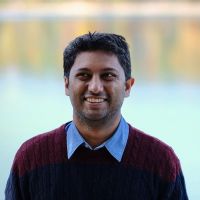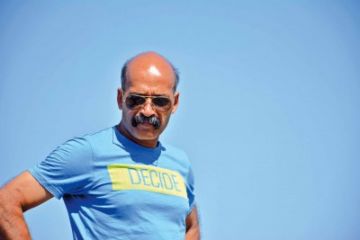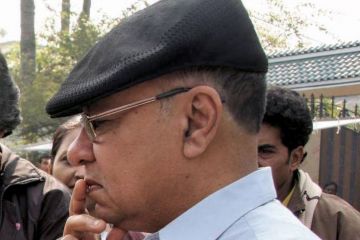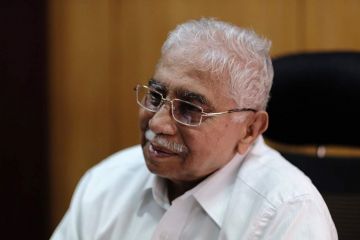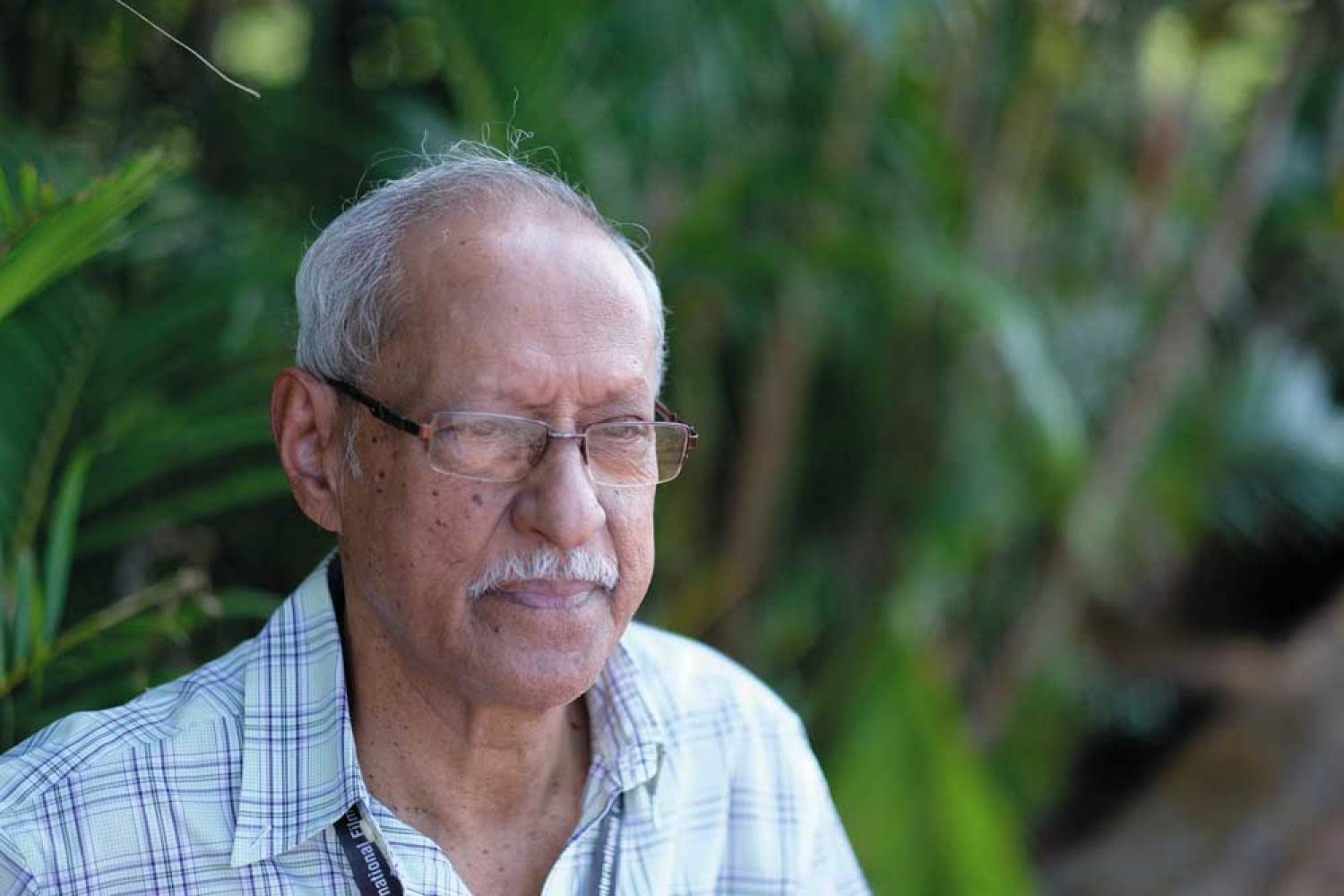
The phone keeps
ringing. Damodar Mauzo is taking a break after catching a 190-minute long
Turkish movie at the Kala Academy in Panaji as part of the International Film
Festival of India.
The short story writer
and novelist answers his phone. After a quick conversation in Konkani, he says
it was a newspaper wanting a quote on the farmers’ agitation in Delhi. Soon,
there is another call, this time about a press statement on the Sabiramala
agitation.
While Mauzo has been
writing

